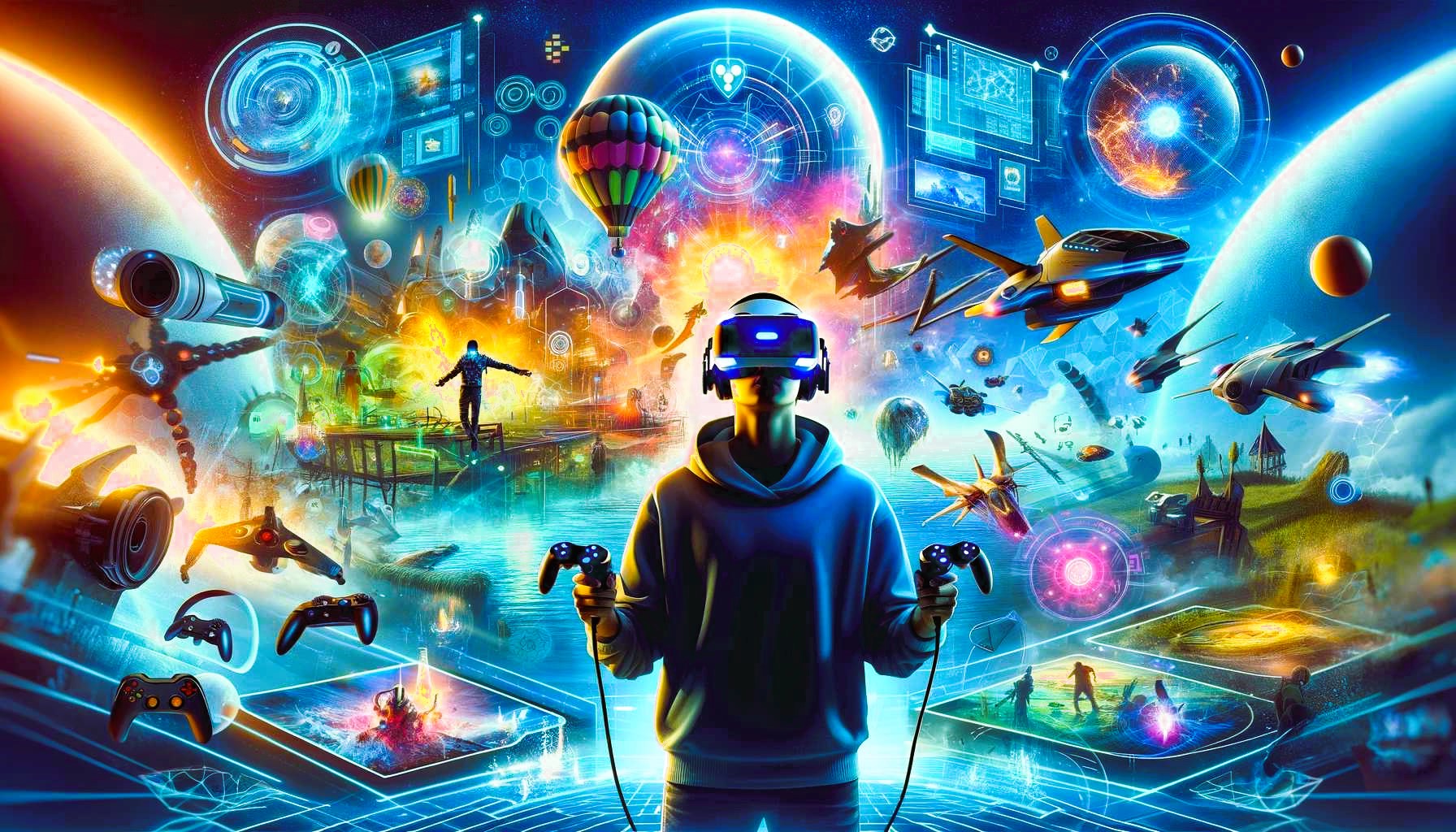Review of the Latest Trends in Online RPGs: What’s New in the World of Virtual Adventures
Online role-playing games (RPGs) continue to evolve, blending immersive storytelling, multiplayer interaction, and cutting-edge technology to create expansive virtual worlds. As technology advances and player expectations grow, developers innovate to deliver captivating experiences that redefine the genre. This review explores the latest trends in online RPGs, highlighting new features, gameplay mechanics, and emerging themes shaping the world of virtual adventures.
1. Rise of Cross-Platform Play
Trend: One of the most significant trends in recent years is the adoption of cross-platform play, allowing gamers on different devices—PC, consoles, and mobile—to join forces in the same game world. This trend promotes inclusivity and expands player communities, enabling seamless multiplayer experiences across platforms.
Examples: Games like Fortnite, developed by Epic Games, and Genshin Impact by miHoYo, have embraced cross-platform play, enabling players to team up regardless of their preferred gaming device. This trend enhances accessibility and fosters a unified player base, driving engagement and longevity for online RPGs.
2. Emergence of Live Service Games

Trend: Live service games have gained prominence, offering continuous updates, seasonal events, and downloadable content (DLC) to keep players engaged long after the initial release. These games evolve based on player feedback and market trends, ensuring ongoing content updates and improvements.
Examples: Destiny 2 from Bungie and Tom Clancy’s The Division 2 by Ubisoft exemplify live service games in the RPG genre. These titles deliver new storylines, gameplay modes, and features regularly, encouraging player retention and community involvement through shared experiences.
3. Integration of Social Features
Trend: Online RPGs increasingly integrate social features to enhance player interaction and community building within virtual worlds. Social hubs, guild systems, and player housing foster camaraderie, collaboration, and collective achievements among players.
Examples: World of Warcraft (WoW) by Blizzard Entertainment and Final Fantasy XIV (FFXIV) from Square Enix feature robust social systems where players can form guilds, participate in group activities, and communicate through in-game chat and forums. These social elements enrich the multiplayer experience and contribute to the longevity of online RPGs. How role-playing games promote creativity and team collaboration, read more here.
4. Evolution of Narrative and Player Agency
Trend: Modern online RPGs emphasize dynamic storytelling and player agency, allowing players to shape their characters’ destinies and influence the game world through meaningful choices and consequences. Non-linear narratives and branching storylines enhance immersion and replayability.
Examples: The Witcher series by CD Projekt Red and Star Wars: The Old Republic (SWTOR) developed by BioWare showcase narrative-driven gameplay where player decisions impact the storyline, character relationships, and in-game factions. This trend empowers players to become active participants in shaping virtual narratives.
5. Advancements in Virtual Reality (VR) and Augmented Reality (AR)

Trend: VR and AR technologies are transforming online RPGs by offering immersive experiences that blur the line between virtual and real worlds. These technologies enhance exploration, combat, and interaction within digital environments, providing a new dimension of realism and immersion.
Examples: VR titles like Skyrim VR and AR games such as Pokémon GO demonstrate the potential of immersive technologies in RPGs. Players can explore fantasy realms in VR or interact with augmented creatures overlaid on real-world locations, merging digital adventures with physical surroundings.
Online RPGs continue to evolve with technological innovations, player-driven narratives, and community engagement shaping the future of virtual adventures. From cross-platform play and live service updates to social integration and immersive technologies like VR and AR, the genre offers diverse experiences that cater to a global audience of gamers. As developers push the boundaries of creativity and technology, the landscape of online RPGs expands, promising new frontiers of exploration and storytelling in the digital age.
For further exploration of online RPG trends, visit Fandom for additional insights and resources.

